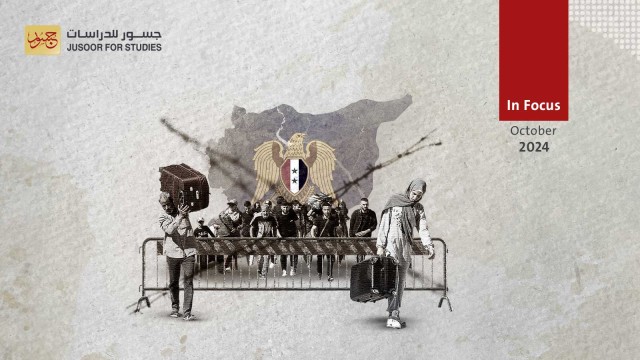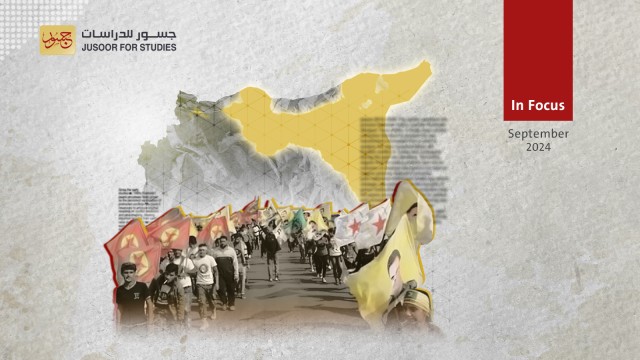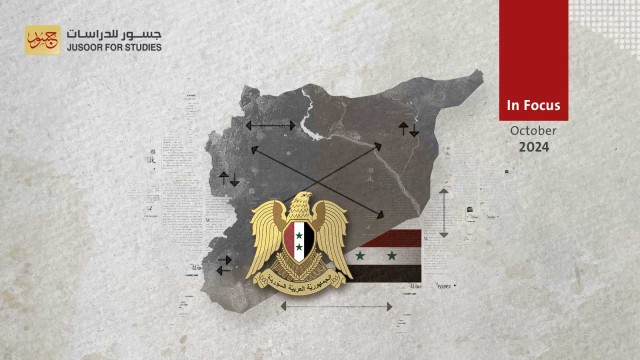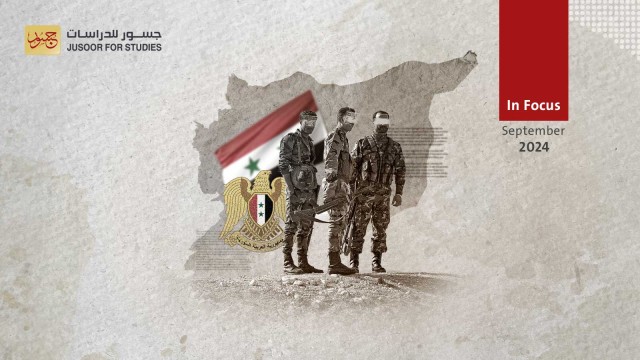Can Arab Normalization Succeed Where Geneva and Astana Failed?
On June 9, the Gulf Cooperation Council reiterated long-standing demands that the Syrian regime implement its commitments to work towards a political solution to the country’s civil war and resolve an array of thorny issues with its neighbors.
The statement, from the GCC’s ministerial council, echoed the so-called Cairo Statement of last August in which a five-nation Arab committee set up to oversee the Arab normalization process with the regime urged Damascus to work to resolve the conflict, in line with United Nations Security Council Resolution 2254.
The Cairo Statement had brought the process of Arab normalization with the regime to a standstill. The ministerial committee had presented the regime’s foreign minister with a list of suggestions on how to implement the Amman Statement, but the regime failed, twice in a row, to provide it with a written response documenting its implementation of those demands.
This prompted Jordan to cancel a committee meeting scheduled to take place in Baghdad in March.
The regime has failed on numerous points. It has not demonstrated that presidential amnesty decrees cover all Syrian refugees. It has yet to create a platform to register the names of refugees wishing to return home, in coordination with host countries and relevant UN agencies. It has not provided information on the needs of the areas to which refugees will return, nor agreed with Jordan on a list of 1,000 refugees to be repatriated. It has failed to announce the steps taken to release detainees, and to inform the families of missing persons about their fates and their whereabouts, where possible. It has also failed to control the Syrian-Jordanian border to prevent the smuggling of drugs and weapons, and has provided no evidence of any efforts to battle the production of narcotics.
All this led Arab governments once again to cite the Cairo Statement at the Arab League summit in Bahrain on May 16, demanding that the regime implement it—alongside the Amman Statement and UN resolutions.
These moves all suggest that the regime is struggling to push through its usual policies, consisting of:
• Attempting to overwhelm its interlocutors with details rather than offering tangible measures. The steps the regime has announced, portraying them as reforms, are unconvincing and insufficient to persuade other Arab governments to embark on the financial and economic engagement that it hopes for, particularly the creation of a fund to finance early recovery projects.
• Attempting to circumvent internationally agreed frameworks for a political solution, such as the Geneva Statement, the Vienna Statements, UN Security Council Resolution 2254, and the Constitutional Committee. Instead, the Arab normalization process has used the Amman and Cairo Statements to impose two new frameworks for a political solution, a new setback for the regime.
• Moving away from multilateral negotiations, whether via the UN-guided Geneva track, the Astana track or the Turkish or Arab normalization tracks. The regime has attempted to move towards bilateral negotiations with each country separately, in order to address each country’s concerns while securing the regime’s interests.
The Geneva and Astana tracks showed the regime that each time talks reached a dead end, it could obtain concessions from the UN or the Syrian opposition. This enabled it to evade the demands of UN resolutions and confine their impact to the talks of the Constitutional Committee, which the regime also brought to a dead end.
The opposition is likely to make yet another concession to the regime by agreeing to meet for talks in Baghdad. But the Arab normalization track appears to be different from the UN talks. Arab states have so far refrained from offering the regime financial or political concessions on the implementation of Arab and international resolutions in response to its obstructive behavior.
The Arab path could therefore still succeed, while Europe and the US stick to their three-pronged policy: no normalization of relations with the regime, no financing for reconstruction of damaged infrastructure, and no lifting of sanctions against Damascus, until genuine and durable progress is made towards a political solution.








